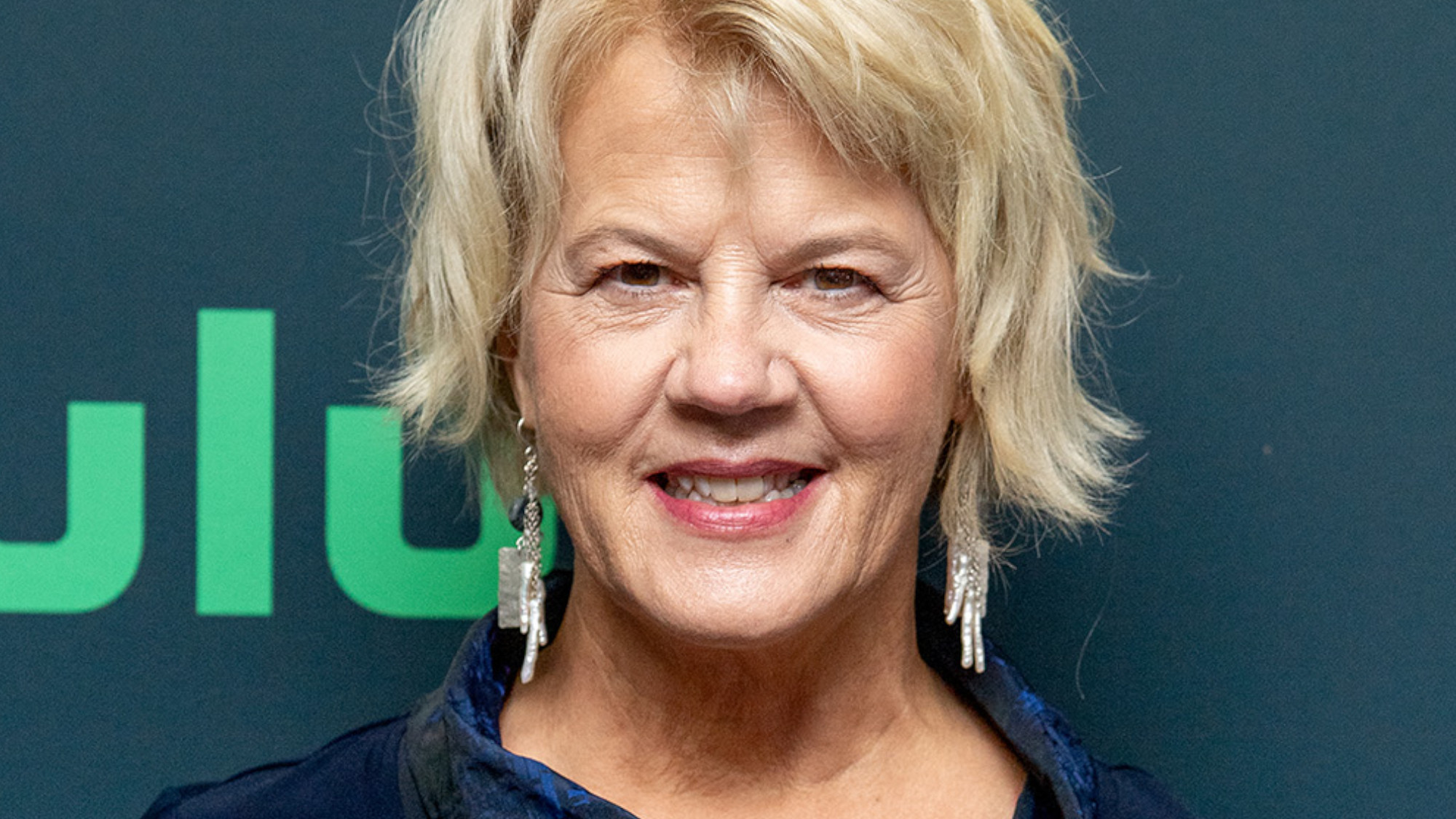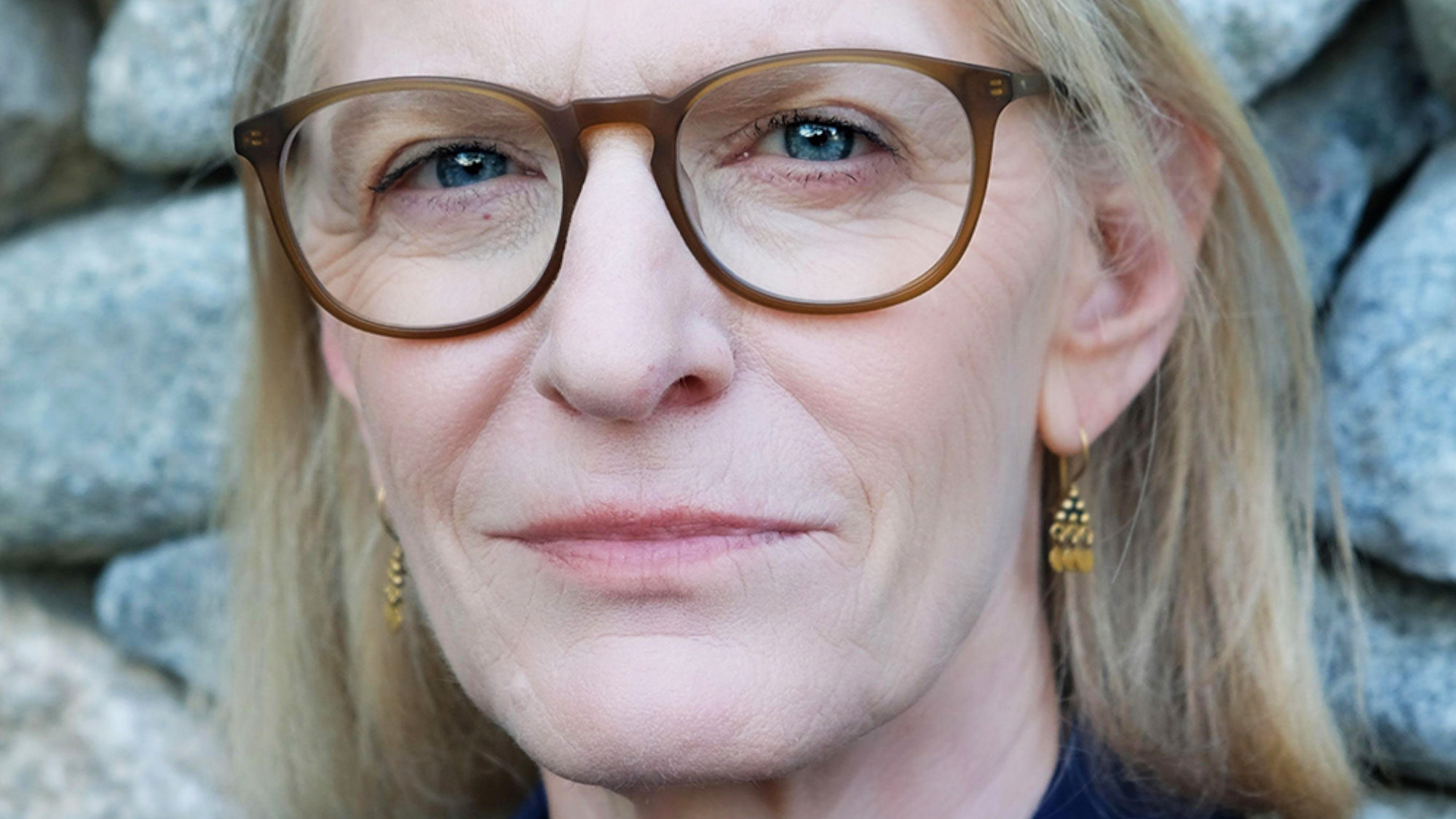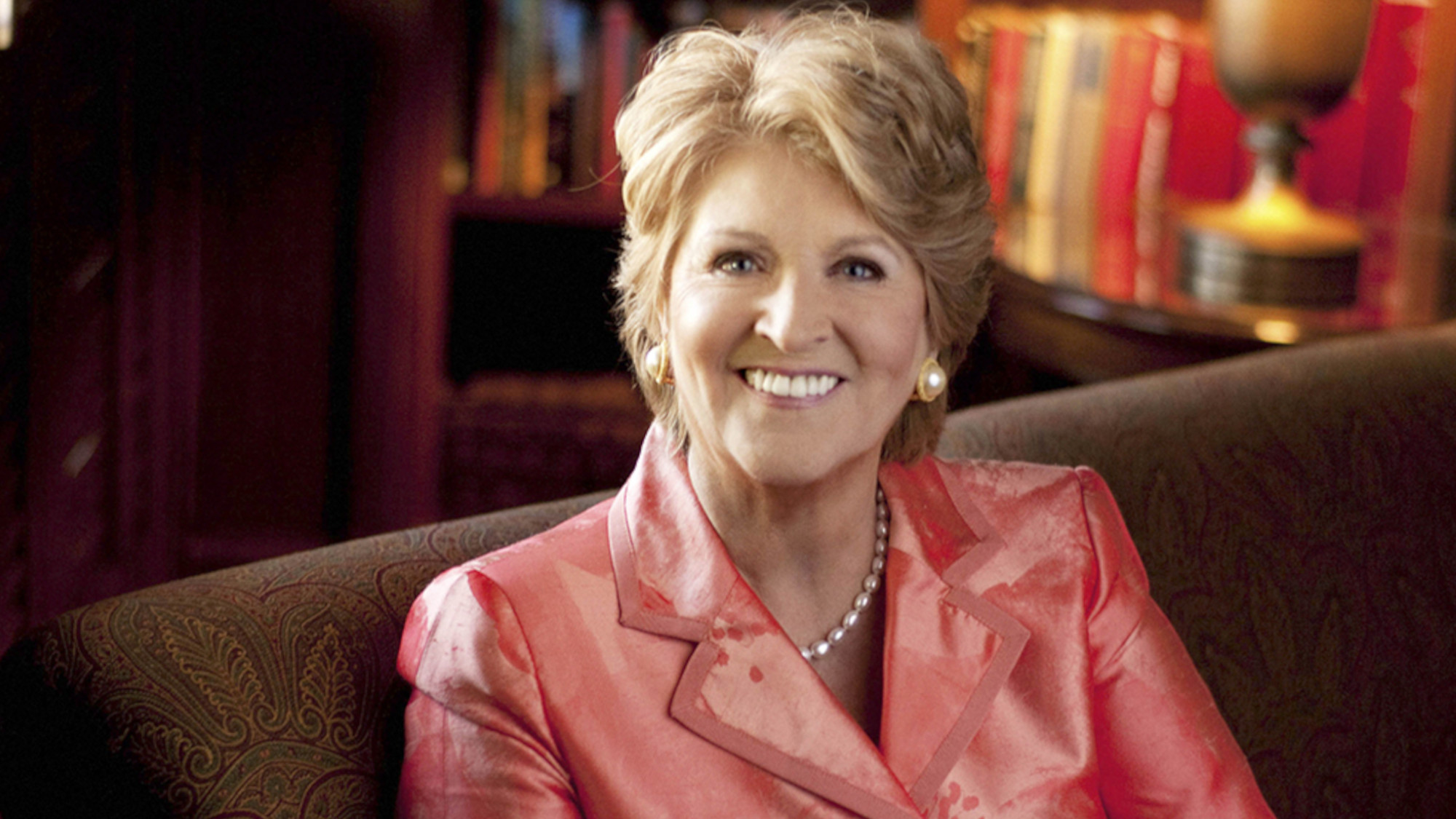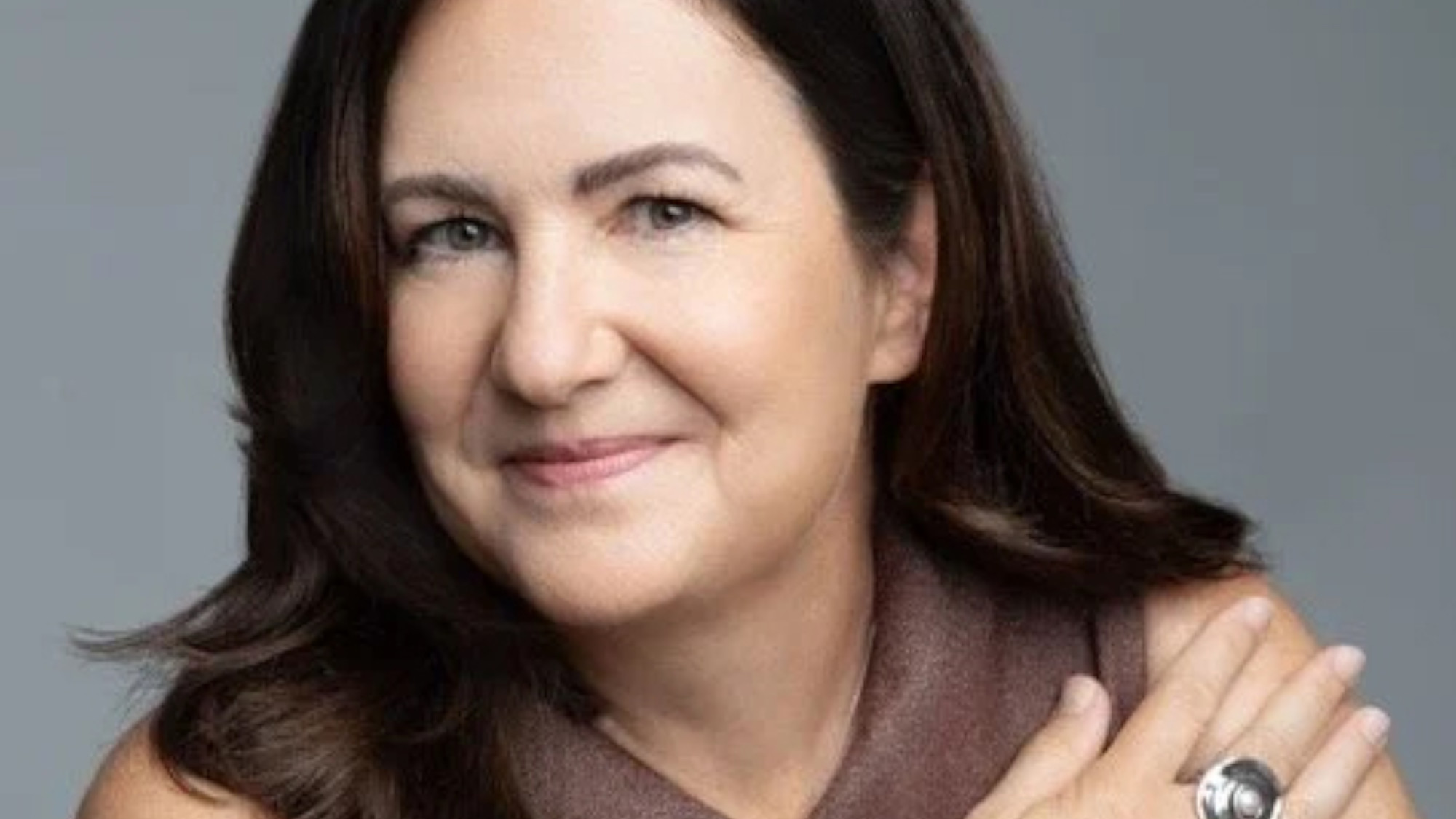Raoul Felder
A free daily email with the biggest news stories of the day – and the best features from TheWeek.com
You are now subscribed
Your newsletter sign-up was successful
New York divorce lawyer Raoul Lionel Felder is the author, most recently, of Bare-Knuckle Negotiation, published this month by John Wiley & Sons.
Manhattan ’45 by Jan Morris (Oxford, $18). Simply put, the best travel book written in modern times. It’s a snapshot of the Manhattan that returning World War II servicemen met, in June 1945, when it was the repository of the world’s brightest minds and wealthiest, most creative people—the embodiment of the lyrics in an old blues song: “You can save your money, save your railroad fare. When you leave New York, you ain’t goin’ nowhere.”
A Coffin for Dimitrios by Eric Ambler (Vintage, $12). Every first-class novelist of international intrigue—including John Le Carré and Alan Furst—is to some degree a literary offspring of Ambler. In this elegantly written mystery, a writer becomes obsessed with reconstructing the life of a villain named Dimitrios Makropoulos, whose body is found floating in the Bosporus.
The Week
Escape your echo chamber. Get the facts behind the news, plus analysis from multiple perspectives.

Sign up for The Week's Free Newsletters
From our morning news briefing to a weekly Good News Newsletter, get the best of The Week delivered directly to your inbox.
From our morning news briefing to a weekly Good News Newsletter, get the best of The Week delivered directly to your inbox.
The Big Sleep by Raymond Chandler (Vintage, $12). Dashiell Hammett created the genre of hard-boiled detective novels, but it was brought to perfection by Chandler. There is no point in describing the plot of this or other Chandler novels, since they take gratuitous, meandering paths. It is in the characters drawn, and the writing, that the attraction lies, and to dismiss Chandler’s novels as simply “detective stories” is a declaration of ignorance.
Moby Dick by Herman Melville (Bantam, $5). Probably the best novel ever written by an American. To describe it as being about a man and a whale is like saying Catholicism is about a rabbi and his speeches.
Crime and Punishment by Fyodor Dostoyevsky (Bantam, $7). Forget the psychologists, psychiatrists, and psychoanalysts: Dostoyevsky explores the mind, particularly the criminal mind, more acutely than any bunch of overpriced pretenders with fancy diplomas. Crime and Punishment is a sprawling story, but not in the sense of War and Peace; its landscape is the human mind and psyche.
A Farewell to Arms
A free daily email with the biggest news stories of the day – and the best features from TheWeek.com
Farewell
An Army at Dawn.
-
 Quentin Deranque: a student’s death energizes the French far right
Quentin Deranque: a student’s death energizes the French far rightIN THE SPOTLIGHT Reactions to the violent killing of an ultra-conservative activist offer a glimpse at the culture wars roiling France ahead of next year’s elections.
-
 Secured vs. unsecured loans: how do they differ and which is better?
Secured vs. unsecured loans: how do they differ and which is better?the explainer They are distinguished by the level of risk and the inclusion of collateral
-
 ‘States that set ambitious climate targets are already feeling the tension’
‘States that set ambitious climate targets are already feeling the tension’Instant Opinion Opinion, comment and editorials of the day
-
 Beth Macy’s 6 favorite books about living in a divided nation
Beth Macy’s 6 favorite books about living in a divided nationFeature The journalist recommends works by Nicholas Buccola, Matthew Desmond, and more
-
 Gilbert King’s 6 favorite books about the search for justice
Gilbert King’s 6 favorite books about the search for justiceFeature The journalist recommends works by Bryan Stevenson, David Grann, and more
-
 Nathan Harris’ 6 favorite books that turn adventures into revelations
Nathan Harris’ 6 favorite books that turn adventures into revelationsFeature The author recommends works by Kazuo Ishiguro, Ian McGuire, and more
-
 Marisa Silver’s 6 favorite books that capture a lifetime
Marisa Silver’s 6 favorite books that capture a lifetimeFeature The author recommends works by John Williams, Ian McEwan, and more
-
 Lou Berney’s 6 favorite books with powerful storytelling
Lou Berney’s 6 favorite books with powerful storytellingFeature The award-winning author recommends works by Dorothy B. Hughes, James McBride, and more
-
 Elizabeth Gilbert’s favorite books about women overcoming difficulties
Elizabeth Gilbert’s favorite books about women overcoming difficultiesFeature The author recommends works by Tove Jansson, Lauren Groff, and more
-
 Fannie Flagg’s 6 favorite books that sparked her imagination
Fannie Flagg’s 6 favorite books that sparked her imaginationFeature The author recommends works by Johanna Spyri, John Steinbeck, and more
-
 Jessica Francis Kane's 6 favorite books that prove less is more
Jessica Francis Kane's 6 favorite books that prove less is moreFeature The author recommends works by Penelope Fitzgerald, Marie-Helene Bertino, and more